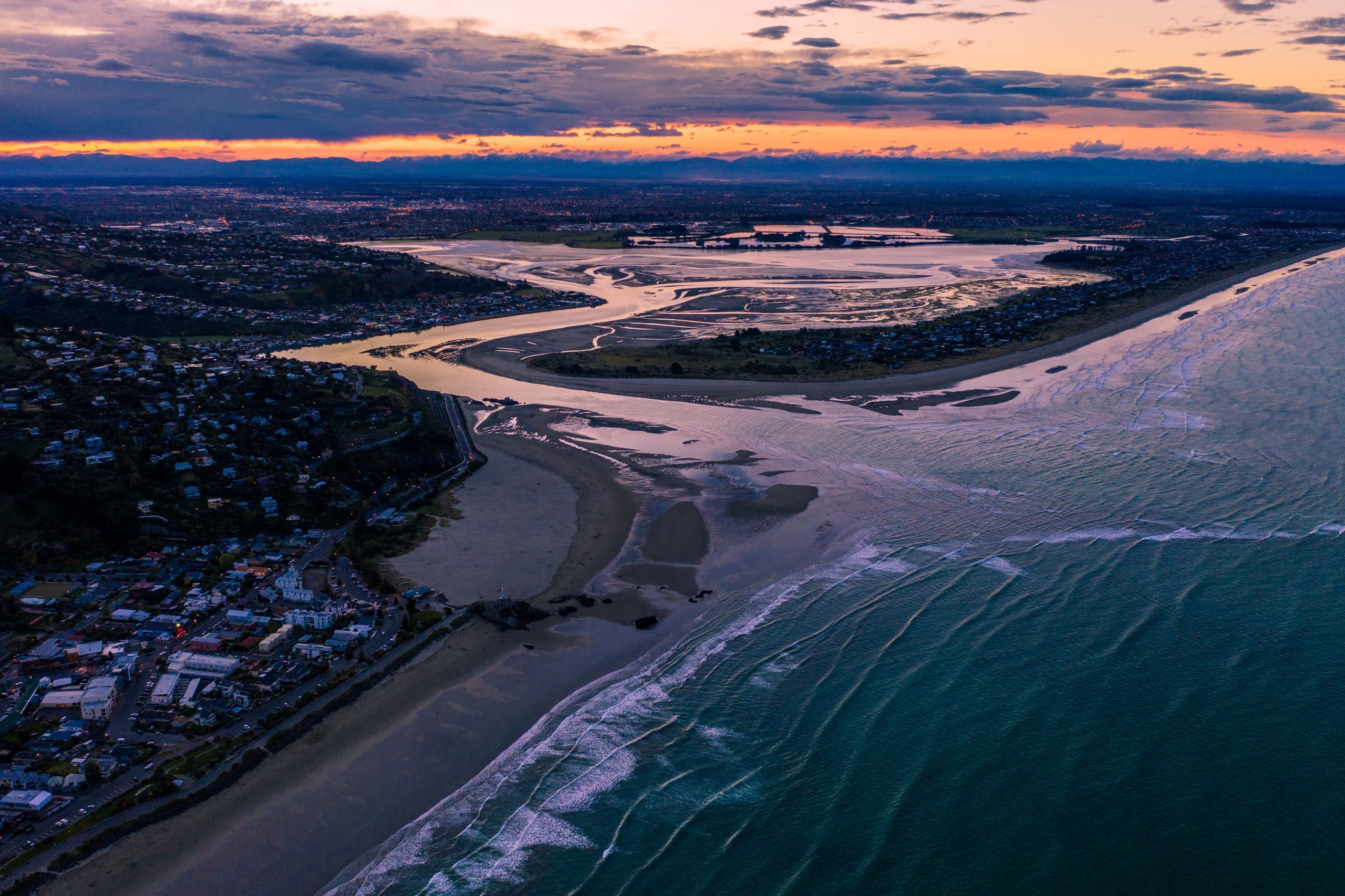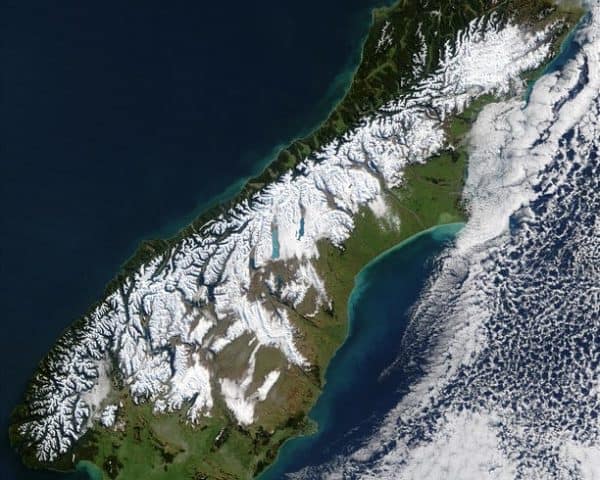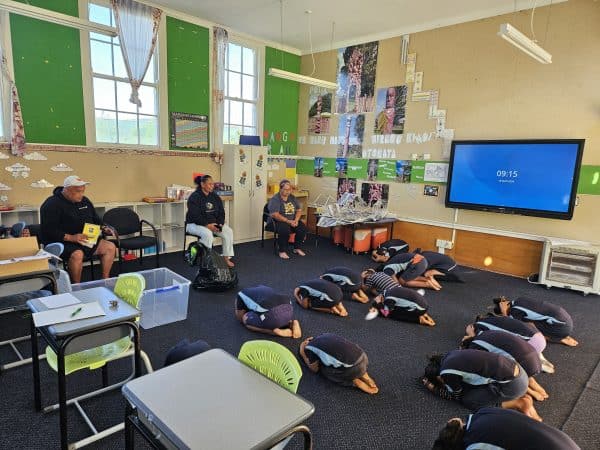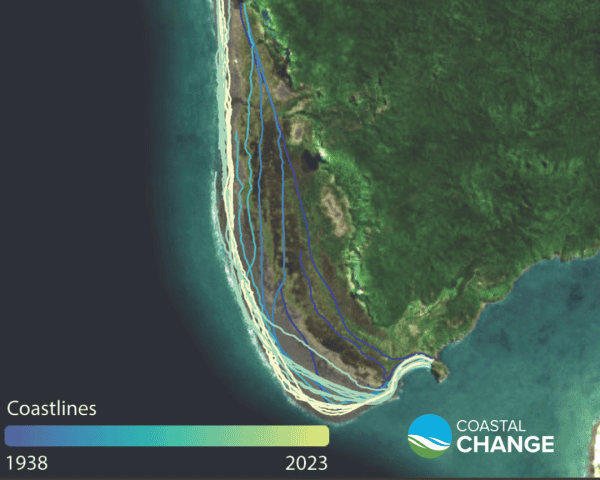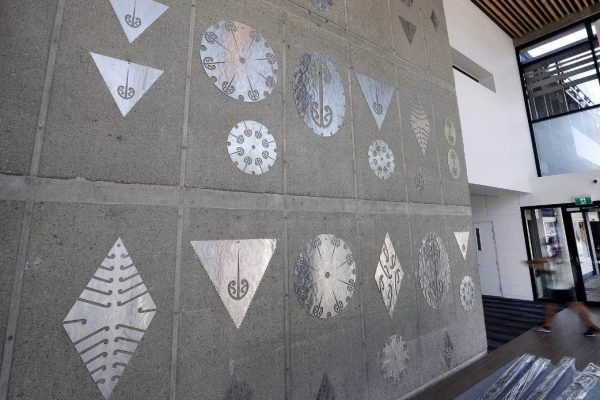Researchers from the University of Canterbury and the University of Auckland, within our Built Environments team, have provided underpinning science to the New Zealand Seismic Risk Working Group, as it developed a proposed new standard on earthquake-loading requirements for new buildings. The guidance has been developed to account for new science related to the National Seismic Hazard Model, which provided new insights on the likelihood and strength of earthquake shaking in different parts of the country.
The working group was informed by research on calculating seismic loading for building components carried out under the guidance of Prof Tim Sullivan, and research into soil-structure interaction led by Prof Misko Cubrinovski. Prof Liam Wotherspoon’s research contributed solutions for assessing geotechnical conditions at building sites.
The updated guidance, in the form of a draft technical specification, was released for consultation by Standards NZ in February 2024, with a final specification expected to be published later this year.
We’ve previously reported on the work of Dr Sally Potter and Dr Sara Harrison of GNS Science, who have made significant contributions to international best practice in the area of impact-based forecasts and warnings. Here in New Zealand, the researchers have worked with MetService over several years to support the agency’s adoption of impact-based warnings and forecasts.
Another collaboration with MetService has led to improvements in how potential severe weather is communicated. Dr Mary Anne Clive of GNS Science and Dr Emma Hudson-Doyle of Massey University have worked with MetService to investigate how visual design of Severe Weather Outlooks can affect communication and decision-making. The Outlooks provide notice that potential severe weather is coming, but with some uncertainty about what might happen and where. The research, co-funded with GNS Science, was incorporated into MetService’s redesign of the products in late 2023. The changes include separate graphics for each daily forecast, using consistent colours for each type of weather peril, and using line thicknesses to represent the confidence level of the forecast.
Researchers from our ‘De-risking Resilience’ team have collaborated with a government policy ministry to design and conduct a series of workshops involving research experts and policy advisers, to test a ‘safe space’ approach for developing evidence-based policy. The aims of this research programme were to better understand and acknowledge real-world decision-making difficulties in the New Zealand policy environment, and to scope and test strategies to reduce the professional risks associated with the translation of science into practice and outcomes. The findings of this research are still under publication, but it is anticipated that they will inform opportunities for more innovative policy development on decision-making for risk and resilience science in the future.
In October 2023, RNC researchers Lara Taylor and Akuhata Bailey-Winiata brought together Māori planners, researchers and kaitiaki from across the motu to a symposium at Whakaue marae in Maketū, Bay of Plenty. The kaupapa was to develop a community response to the Parliamentary inquiry into climate adaptation. Many attendees were representing iwi and hapū facing climate impacts such as sea-level rise and coastal flooding and are considering potential relocation of their marae and other taonga, or other adaptation initiatives. The discussions informed a written and oral submission, which were supplemented by a short video highlighting the issues, and the aspirations of participants and their communities.
Research by Prof Iain White, Dr Christina Hanna and Dr Raven Cretney of the University of Waikato analysed the public and cross-sector response to the National Adaptation Plan, identifying patterns across the entire range of submissions. They developed a framework for mapping zones of agreement and disagreement, revealing how new coalitions of interest might form to support adaptation policies and actions. The team have published their findings and also shared them in an article in The Conversation in May 2024. The work has deep relevance for policy development on contested issues such as climate adaptation, and the team have had interest from the Ministry for the Environment and the Climate Commission, with further engagement planned.
Dr Nick Cradock-Henry of GNS Science and co-lead of our Resilience, Policy & Governance team worked with colleagues to developed guidance on climate change risk assessment scenarios for the Ministry for the Environment. The guidance – which was presented in a workshop for central government stakeholders – provides a detailed playbook for scenario development, to better account for risks, and identify potential adaptation options. The process as designed, is also intended to build internal capability and capacity, to enhance social learning, and foster experimentation within the public sector.
